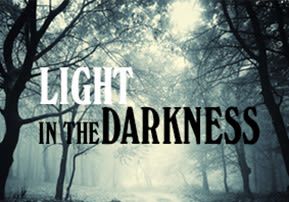
Light in the Darkness
Rabbi Shkop's image remained with him in the death camp. He would remember the warmth that he felt, and it gave him the strength to continue.

I heard a moving story about Rabbi Shimon Shkop, of righteous and blessed memory, from Rabbi Yehoshua Cohen, shlit'a. This story was told by a Jew who had survived the horrifying death camps in the Holocaust. He related that when he was in the death camp, the suffering was so terrible – starvation, torture, death in every corner – that every day he had to overcome the temptation to run to the electrified barbed wire surrounding the camp and to be shot or electrocuted, thus ending his misery. This is very understandable on an emotional level, but it is severely prohibited by the Torah.
There was just one thing that sustained him, something that had happened to him when he was a child: Rabbi Shimon Shkop had a yeshiva of higher learning for older boys and a 'lower' yeshiva for younger boys. As a young boy, the Jew wanted to learn in Rabbi Shkop's lower yeshiva. But first he had to pass a difficult entrance exam, for not everybody could be accepted to the famous yeshiva.
He studied and reviewed the page of Talmud that he was to be tested on. When the time came for the test, he prepared himself to travel to the city of Grodno in Poland where the yeshiva was located. Because his parents were poor, they could not afford to pay his way on a postal wagon or to send him by train. 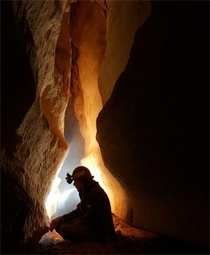 They simply packed him a sack with sandwiches and he was off to Grodno by foot. He would walk during the days and at night he would sleep under trees or bridges along the way. Every so often he would get a ride with a passing wagon. Of course, he tried to review the page of Talmud that he had learned with all the commentaries.
They simply packed him a sack with sandwiches and he was off to Grodno by foot. He would walk during the days and at night he would sleep under trees or bridges along the way. Every so often he would get a ride with a passing wagon. Of course, he tried to review the page of Talmud that he had learned with all the commentaries.
Two weeks later, he reached his destination. Despite his exhaustion, he went straight to the yeshiva, for he wanted to be tested to see if he had been accepted to the yeshiva in which he so longed to study.
He entered the yeshiva and asked to be tested. Rabbi Shimon Shkop himself tested the boys for the lower yeshiva and ushered the boy into his room. As soon as he entered, the Rabbi took one look at him and understood that he was facing an exhausted boy who had come from far away. His clothing was dusty and wrinkled and he was pale.
The rabbi said: "I usually ask forty questions on the entrance exam, but because I see that you have come from a long and arduous journey, I will ask just two questions."
The concentration-camp survivor said that at that point, he did not know if this was good news or not. Would a 2-question test make it more difficult for him to be accepted or less? In order to test him with just one question or two, the questions would have to be broader and deeper than forty specific ones.
"And so," the Rosh Yeshiva said, "my first question is: Tell me the truth. When is the last time that you ate a hot meal?"
The boy could not lie and answered, "Two weeks ago."
"If so," said the Rosh Yeshiva, "you cannot be tested until you eat something hot." And the Rosh Yeshiva himself immediately rose and went to prepare a hot meal for the boy. Remember, preparing a hot meal then was not like today, when we can just take something out of the refrigerator and pop it into the microwave. In those days one first had to break the logs, fire up the stove, ritually slaughter a chicken and much more. The Rosh Yeshiva did all of this. It took about two hours of the Torah scholar's precious time until he returned and served the boy a platter full of hot, delicious food. The rabbi could have directed one of the yeshiva boys or a worker to cook the meal, but he took the trouble to prepare the hot meal for the boy himself.
When the boy finished eating, the Rosh Yeshiva asked him, "Are you full?"
Once again, the boy could not lie, and answered that he was not full. The Rosh Yeshiva served him another plateful and then asked again, "Are you full?" and once again the boy answered, "No." The Rosh Yeshiva served the starving boy plateful after plateful, until the boy said, "Enough, I cannot eat any more…"
The Rosh Yeshiva then said, "Now that you are satiated, we will move on to the next question in the test: Tell me, young man, when was the last time you slept in a warm bed?"
The boy told the truth: "Two weeks ago…"
The Rabbi said, "You have been accepted to the yeshiva" and immediately took him to his own bed and covered him with his warm coat. The boy slept for hours and hours. He awakened refreshed and began to study in the yeshiva – until the Holocaust descended upon them in all its horror and disrupted everything.
The yeshiva was closed and the boy was shipped to a death camp. There, when he saw the lowliness to which a human being can descend, he felt that there was no reason to live in a world in which humans are crueler than wild beasts. But then he would remind himself of the illuminating image of the late, great Rabbi Shimon Shkop, who was the complete opposite of that human refuse; a human being who embodied the pinnacle of nobility and sensitivity, the perfection of the illuminating image of G-d. Rabbi Shkop's image remained with him throughout those unbearable days. He would remember the warmth that he felt when the rabbi covered him with his coat and it would give him the strength not to do the worst thing possible. This is how he got through those horrific days and survived to build a family in Israel, deeply rooted in Torah, emuna and mercy.
This story illustrates the model of a leader and educator in Israel, who sees into the heart of the pupil and feels his pain. He sets a personal example with his Torah-based conduct, the paths of which are paths of pleasantness and all its ways are peace.


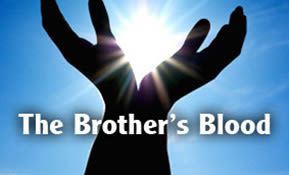

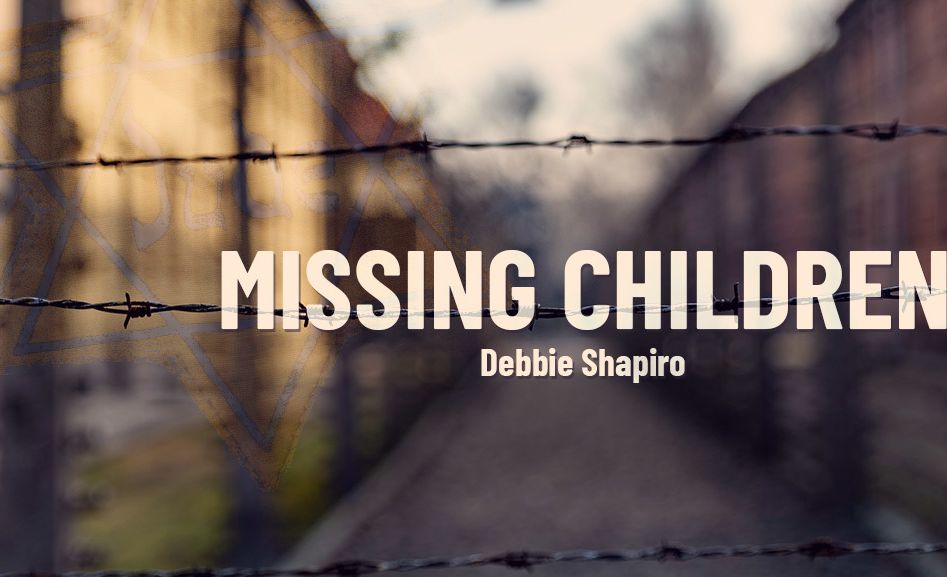
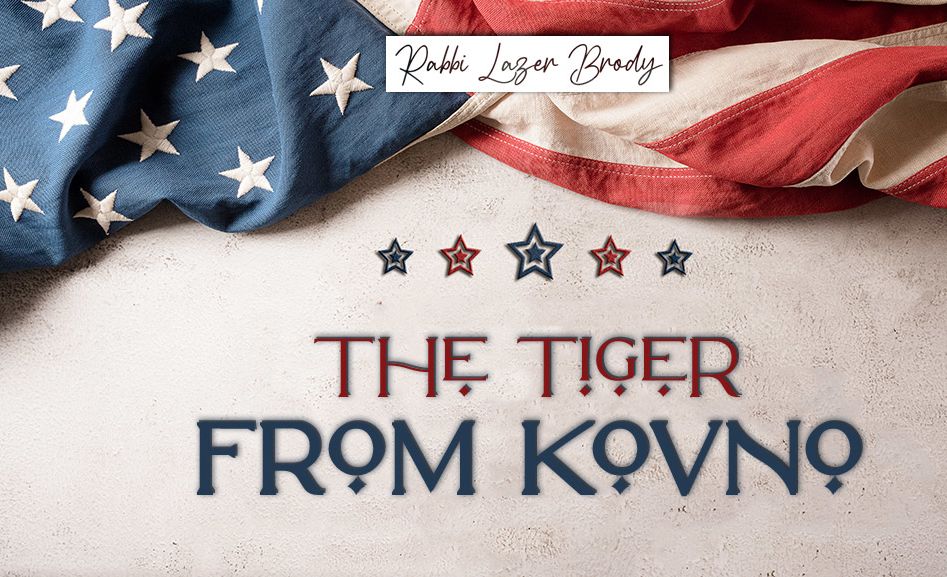

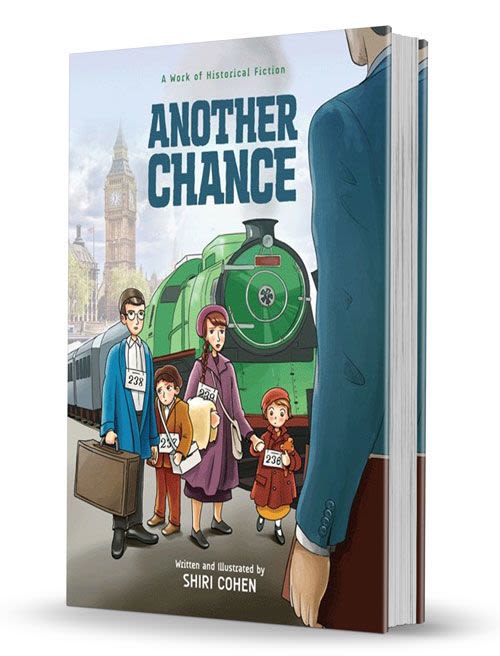
Tell us what you think!
Thank you for your comment!
It will be published after approval by the Editor.